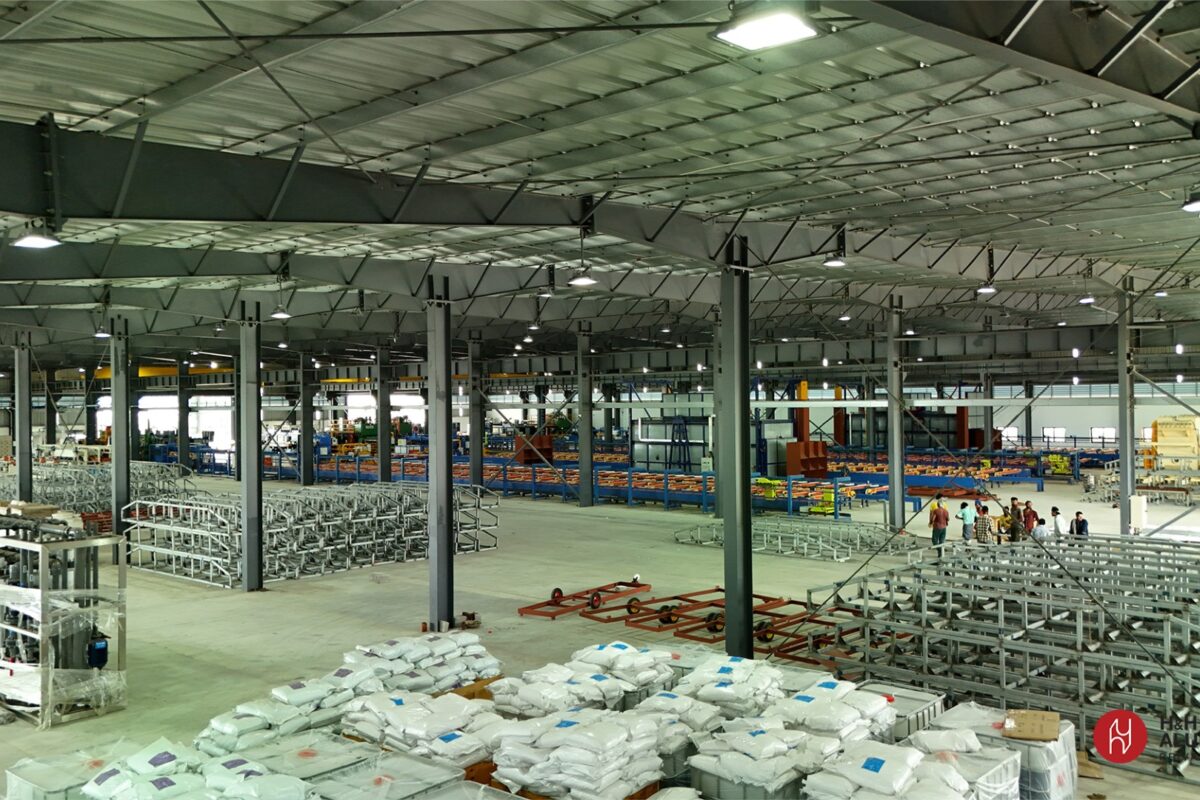Noida-based RCRS Innovations Ltd, the parent company of lithium-ion battery pack manufacturer EXEGI, will invest INR 50 crore this year to expand its lithium battery pack production capacity from the existing 300 MWh and introduce new product lines as it prepares for the explosive growth in demand for clean energy storage solutions.
RCRS Innovations plans to set up a giga-scale battery plant in the next financial year. Among new products, it will soon launch container-sized energy storage solutions with megawatt-hour level capacities for applications in large-scale manufacturing units across industries. The company will also introduce TOPCon range of solar panels.
“A robust supply chain is a critical part of our growth plans for the future and we are finalising the setting up of a gigawatt battery plant in the next financial year. We are planning to expand our energy storage offering by pivoting extensively around the solar segment with a focus also on container sized battery energy storage system,” Aayush Goyal, MD and CEO of RCRS Innovations, told pv magazine.
“Our company has registered over 100% growth every year over the last two financial years and closed its last financial year with INR 68 crore in revenues. It is on track to close this financial year with annual revenues crossing INR 115 crore, an increase of 70% over the previous year, and is targeting INR 500 crore in revenue run-rate by FY26,” Goyal added.
RCRS Innovations manufactures Li-Ion battery packs and solar panels in two separate plants in Delhi NCR with primary applications in clean (renewable) energy storage and solar lighting. It is purportedly the largest supplier of battery packs for solar lighting applications and the leading suppliers of Energy Storage solutions batteries across the country.
The company currently produces monocrystalline as well as polycrystalline PV panels in power outputs ranging from 40 W to 400 W. “While monocrystalline solar panels offer more efficiency, polycrystalline ones are more cost effective given the silicon fragment technology utilized there. Our production of each is a response to the market requirements,” said Goyal.
RCRS Innovations’ existing PV module capacity stands at 60 MW per year, which it plans to increase to 500 MW by FY 2026. It plans to introduce both mono PERC and TOPCon panels by FY 2025.
Goyal said, “India is still in the early days of a truly transformative revolution in clean energy generation and storage as it accelerates its push for a Net Zero economy over the next decade. We believe we are uniquely placed to take full advantage of this massive opportunity and are preparing to invest in building up scale and introducing new products in the coming years. The market for clean energy storage solutions, powered by Lithium-Ion batteries, is likely to surpass INR 40,000 crore in the next five years.”
“Our recent launch of solar panels and energy storage solutions with up to 200 kilo-watt hour capacity has contributed significantly to our growth in the previous fiscal. We have also invested in state-of-the-art battery testing equipment, as a result of which our batteries and energy storage products have the industry’s highest levels of performance and durability,” Goyal added.
India has seen a significant regulatory shift toward carbon neutrality and clean energy that includes new net-zero targets and guidelines.
“As per the Ministry of New and Renewable Energy (MNRE) data, a total of 9.4 lakh solar streetlights and 17.23 lakh solar home lighting systems had been installed across India by the end of 2022 under the Off-grid Solar PV Programme. Meanwhile, over one crore households have registered for the union government’s solar rooftop subsidy scheme, titled PM-Surya Ghar Muft Bijli Yojana,” stated RCRS Innovations.
“The International Energy Agency’s (IEA) India Energy Outlook 2021 projects that India could have 140-200 GW of battery storage capacity by 2040 — potentially a third of total battery storage capacity in the world by then.”
This content is protected by copyright and may not be reused. If you want to cooperate with us and would like to reuse some of our content, please contact: editors@pv-magazine.com.









By submitting this form you agree to pv magazine using your data for the purposes of publishing your comment.
Your personal data will only be disclosed or otherwise transmitted to third parties for the purposes of spam filtering or if this is necessary for technical maintenance of the website. Any other transfer to third parties will not take place unless this is justified on the basis of applicable data protection regulations or if pv magazine is legally obliged to do so.
You may revoke this consent at any time with effect for the future, in which case your personal data will be deleted immediately. Otherwise, your data will be deleted if pv magazine has processed your request or the purpose of data storage is fulfilled.
Further information on data privacy can be found in our Data Protection Policy.